Esports is booming in Brabant
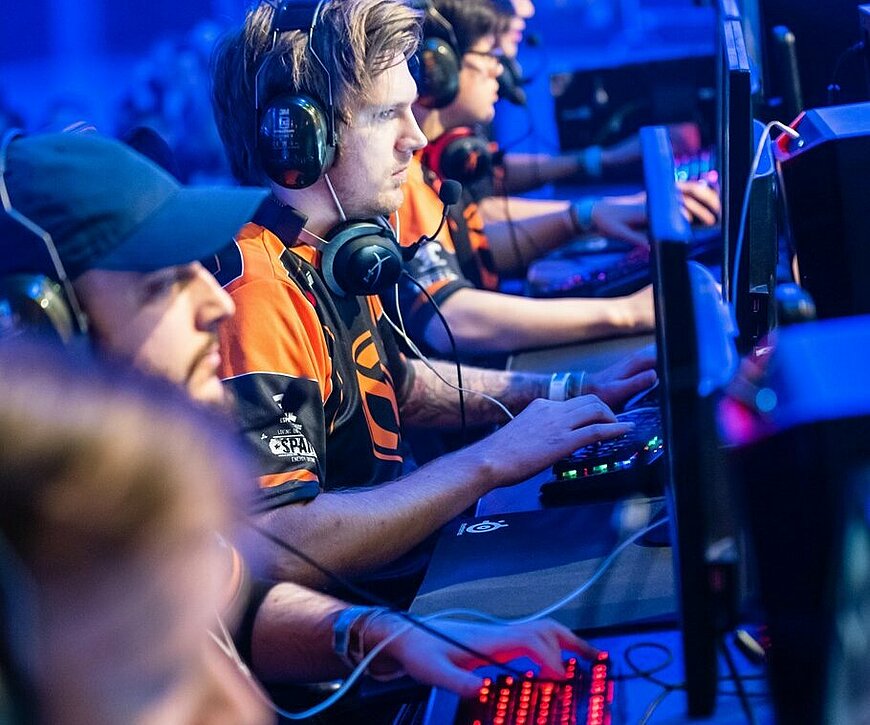
Sports organisations and cities make loyal supporters of young people by offering sports competition via video games. Experts expect an esports explosion in Brabant in future years.
Esports Arena for gamers and the public
In Eindhoven, the first Active esports Arena where players compete with each other in a video game environment opened its doors recently. The players wear a sports harness with sensors and a virtual reality headset while engaging in strenuous full-body activity and working up a sweat to score points in the virtual world.
The public can admire their agility on large screens which present a futuristic playing environment. Because the players sometimes have to contort their bodies in the strangest of movements, the public loves watching these esports battles. Due to this added human element, the matches are generally staged in large indoor spaces and arenas, and not solely presented on screens.
“Although esports is something you can do at home, it also has a significant social element”, says Ruben Been. He is the founder of mCon esports, one of the largest esports clubs in the Benelux. The company’s headquarters is located in Breda. “Because even though the players compete online, getting together and experiencing it first hand is also fun. In fact, esports offers all sorts of opportunities because it is competitive and requires social interaction.”
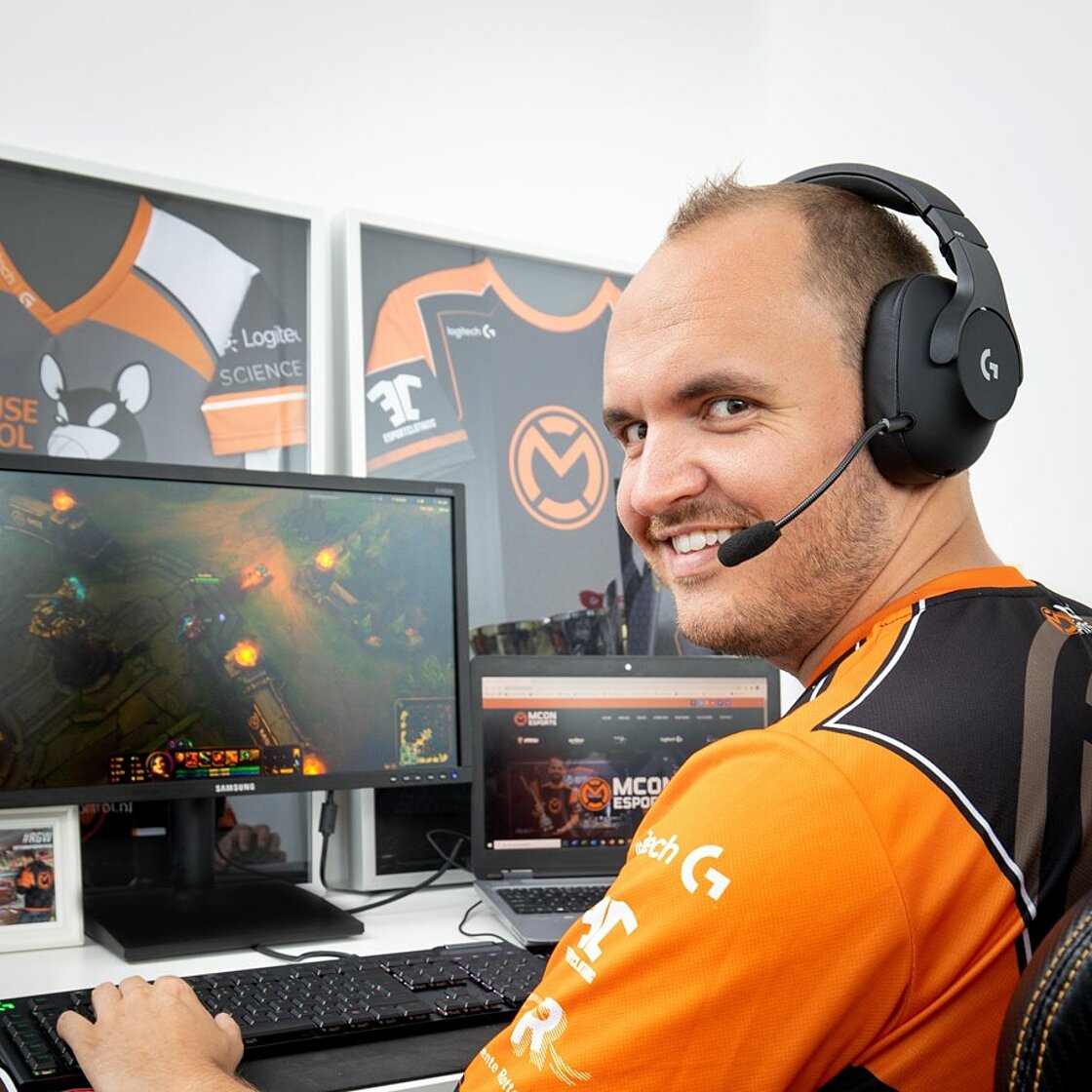
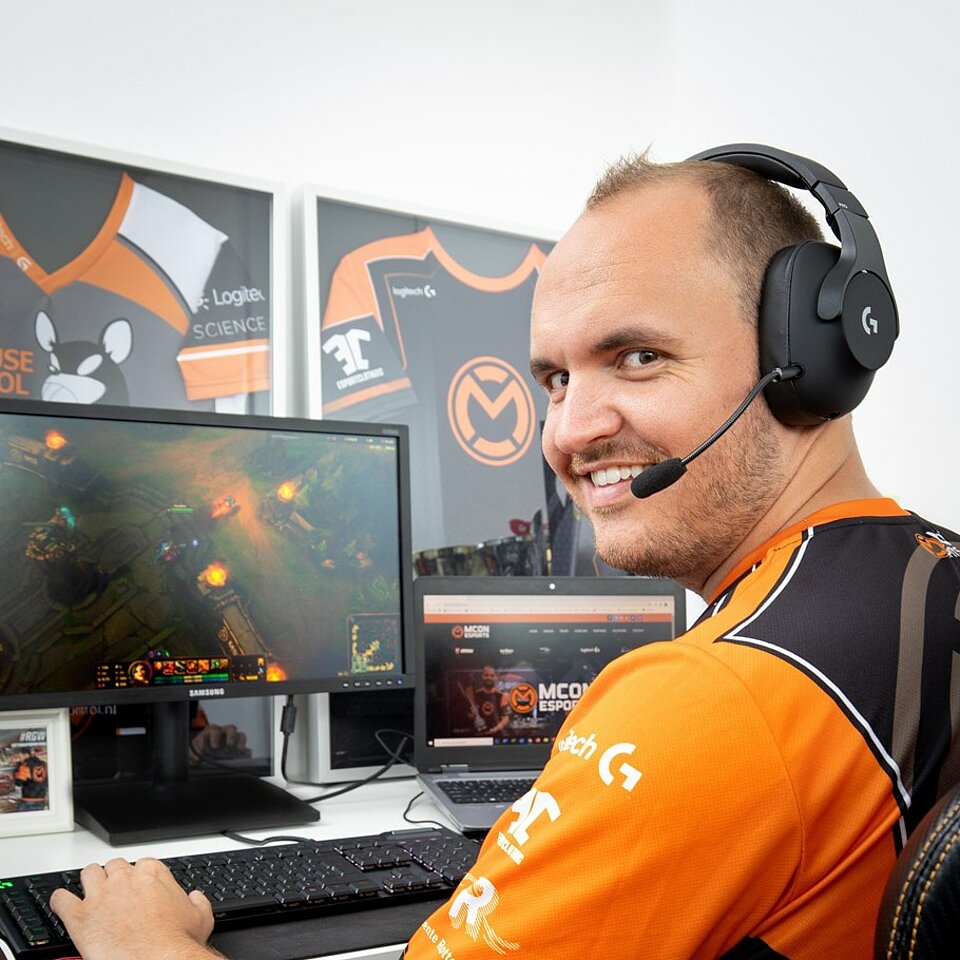
Leading role for PSV
That esports in Brabant has carved out a clearly defined position for itself is also shown by football club PSV's pioneering approach. PSV esports was launched in 2016 as the virtual football section of Eindhoven’s top club. PSV now has two esports athletes and an esports coach on the payroll, who represent the club at large national and international FIFA tournaments.
These esports athletes not only represent PSV at the highest possible level, they also play FIFA with the club's fans. So their activities also establish close ties with the club’s younger target group.
Make no mistake, this activity is sport at the highest level both mentally and physically. This is because esports games require strong tactical and strategic insight. The players have to train hard, be able to react at lightning speed and possess tremendously good hand-eye coordination.
So esports fall outside the categories of normal physical sports and mental sports, in Ruben Been’s opinion. “It really is a separate category, where luck plays no role. It’s skill-based, so a player wins because he has better skills and a greater knowledge of the game.”
Top players all have a personal trainer and train on a daily basis to improve their performance. International top teams even live together in a team house, where they receive special nutritional guidance and other support.
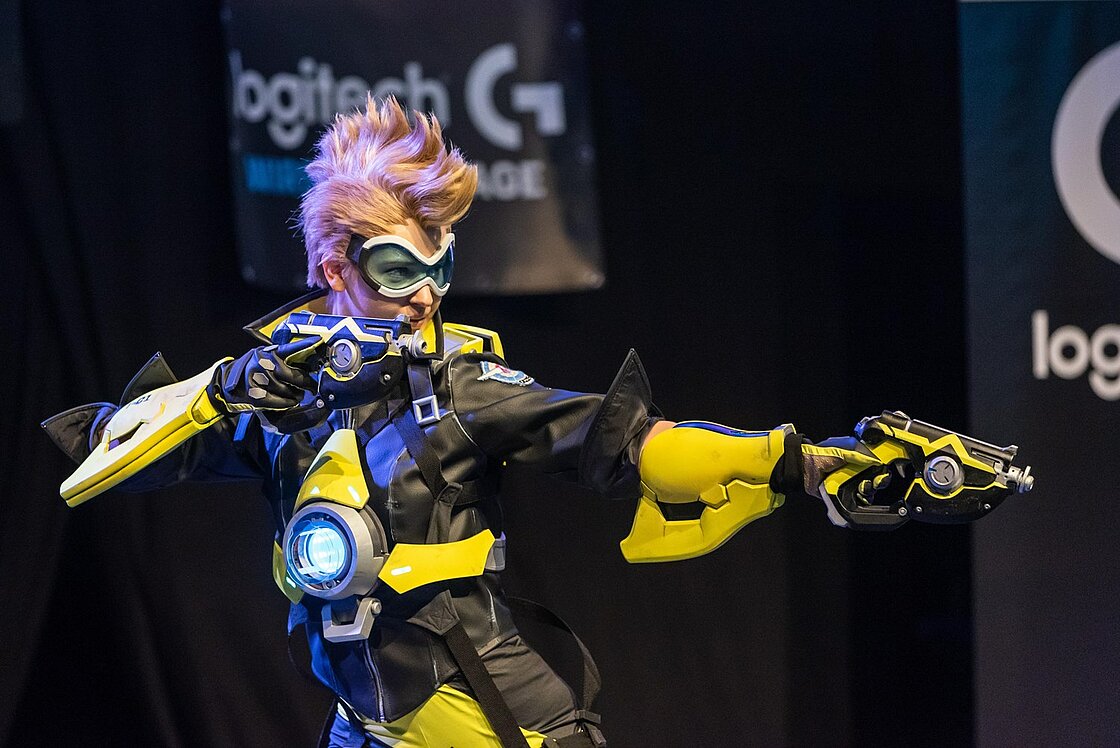
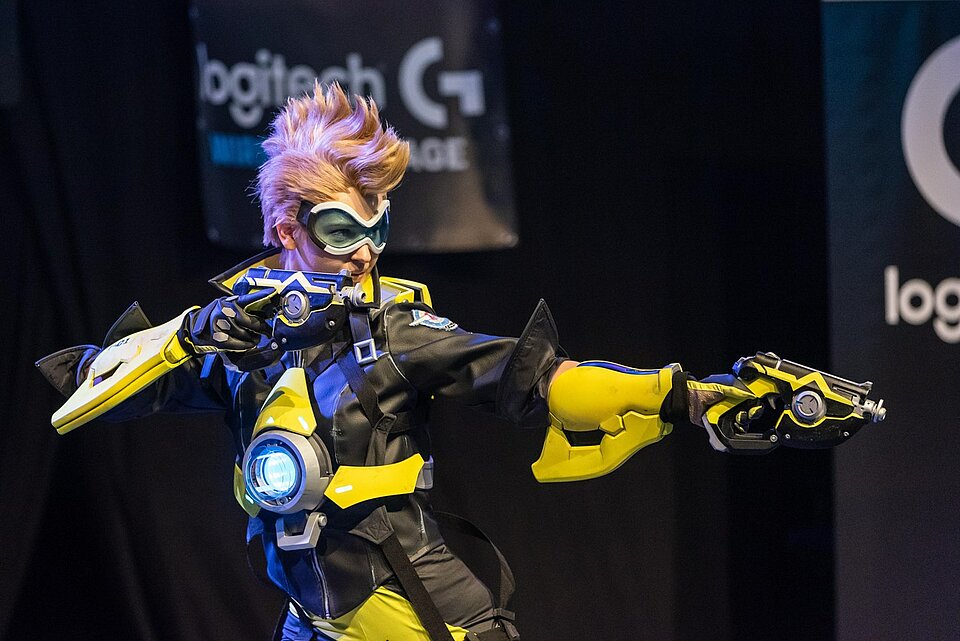
Active esports at PSV
PSV is now the first Dutch football club to venture into other esports environments, namely League of Legends and Exodus Burned. The club has chosen this approach to connect with young people who are interested in more than football alone. “Because of ageing among the fan base that comes to the stadiums, this is a good way of making loyal fans of a new target group and ultimately attracting them into the stadiums”, says Been.
PSV's decision to participate in Exodus Burned adds a new, more active element to the club’s esports activities because the athletes really have to get out of their seats. That matches PSV's societal objective of encouraging people to exercise more. Furthermore, PSV intends to collaborate with other major football clubs in setting up a European competition for active esports.
This will also give PSV's preferred partners and sponsors new opportunities for reaching this target group. Many gamers have a technical or IT background. PSV hopes to establish connections between these gamers and companies in the Brainport Eindhoven region that are looking for talented people of exactly this type.
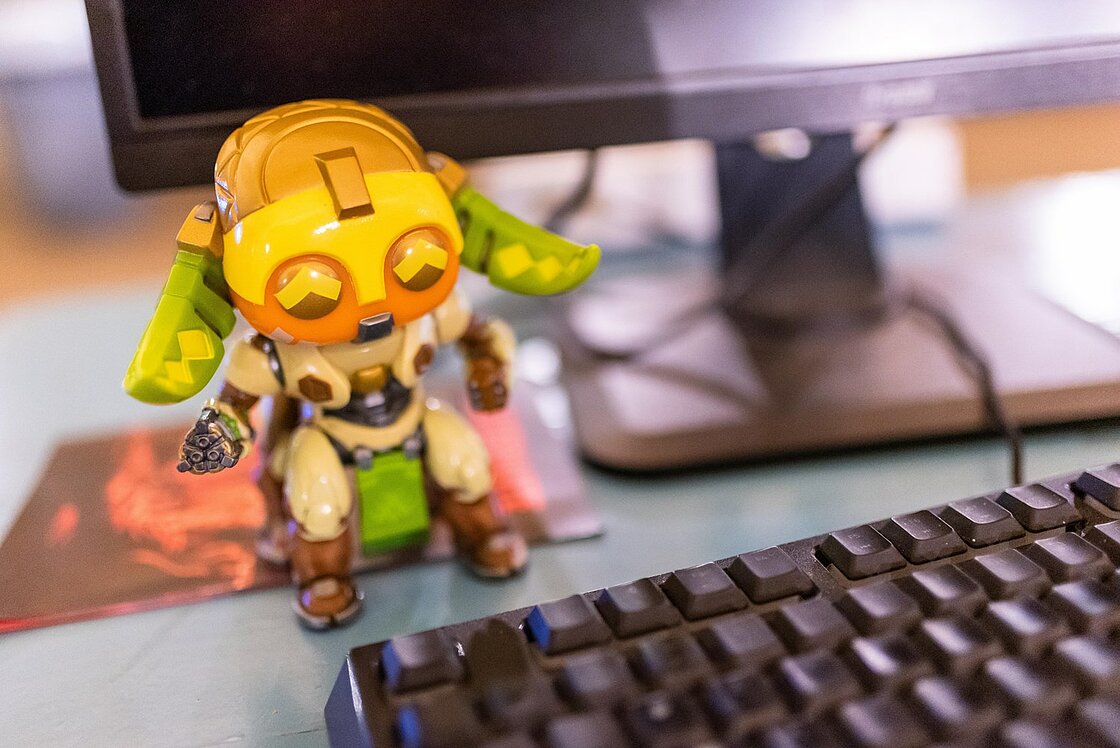
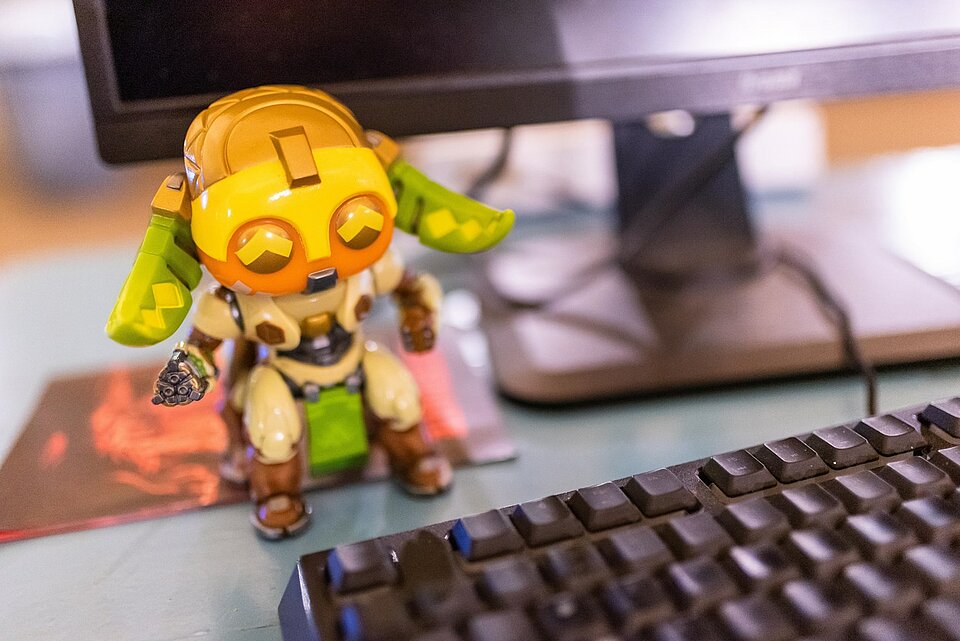
Esports clubs and social interaction
Although online esports can be played anywhere and at any time, physical locations continue to be important in the esports world. In addition to national and international teams, there are also teams that are organised regionally.
For example, student teams such as E.S.E.V. Zephyr in Eindhoven and TSEA Link in Tilburg. “These esports clubs focus on gamers from a specific city or area. This leads to greater local involvement and more social interaction, both online and offline. Furthermore, representing your home city is really cool.”
Working out of his Dutch Game Garden office in Breda, Been has expanded his mCon esports company very successfully in the past few years. He is also the founder of Breda Guardians. This recreational esports club is for gamers from Breda and the surrounding area and is 100% focused on a city.
Fans are the lifeblood of any sport, because if no one is interested in watching the matches, the sport will eventually die out. And the same is true of esports. Looking to the future, Been predicts that every city will have its own top-level esports team, just as every city now has its own football club, which it supports through thick and thin.
He expects significant interaction between these esports clubs, cities and educational institutes, based on the American model where colleges are the main supplier of athletes for sports teams. “We can expect explosive growth in the future.”
Last amended on 11 November.